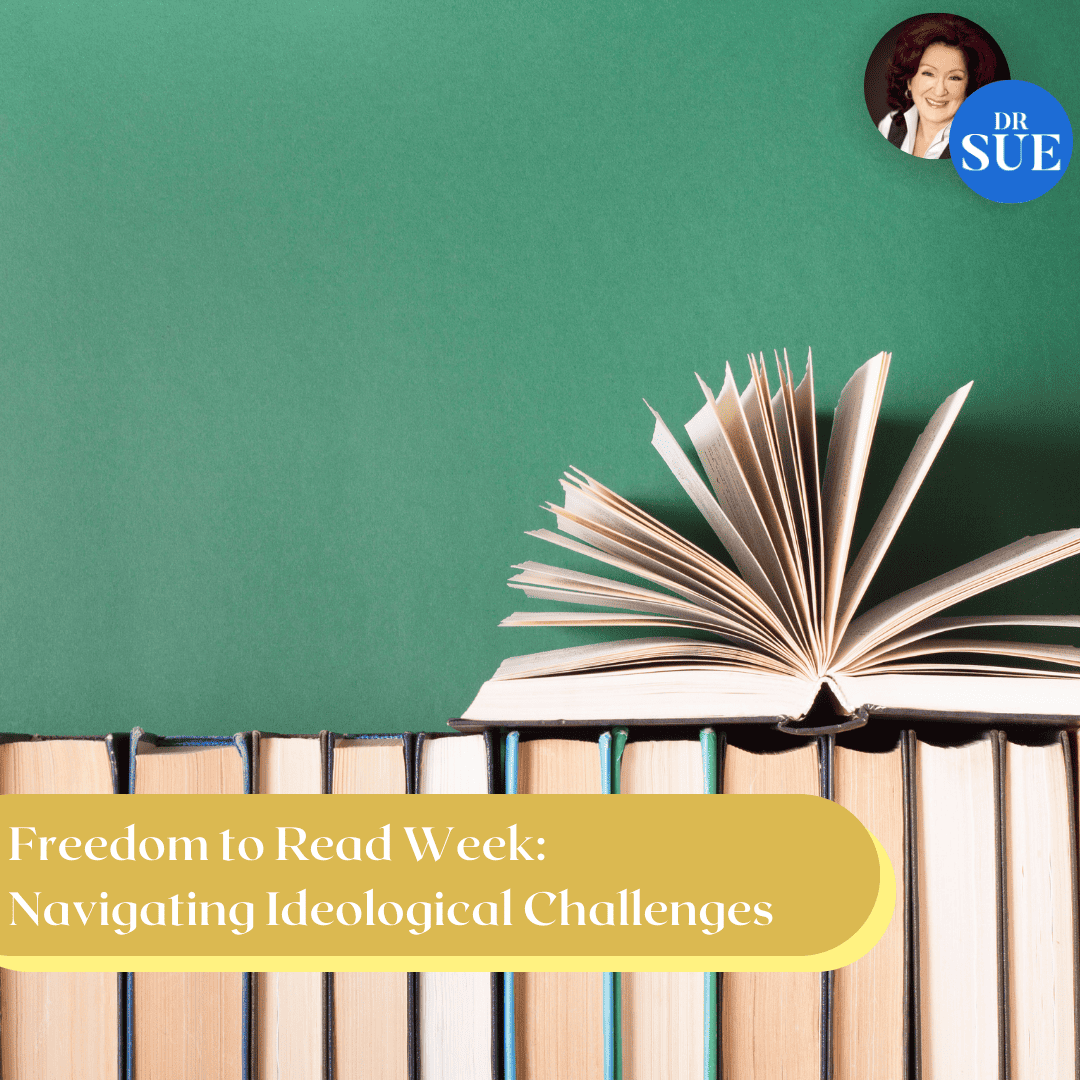On the 19th of February in Canada, we celebrate Freedom to Read Week, highlighting our commitment to intellectual freedom. Some of the books that have been “challenged” in Canada, a process where someone objects but the book remains on the shelf after a review by a library board, include: The Handmaid’s Tale, Harry Potter, Star Wars, Snow Falling on Cedars (depicting the internment of the Japanese population in Canada during WWII), The Adventures of Huckleberry Finn, Lord of the Rings, and other classics. Typically, challenges arise due to “unacceptable” language, the expression of belief systems that don’t align with certain groups, or frank sexual references. However, challenges are increasingly centered around ideology, exemplified by Abigail Shrier’s book Irreversible Damage, which discusses the significant rise in transgenderism among young women, or George Johnson’s All Boys Aren’t Blue which is a memoir of growing up black and queer.
What do you think?
Does it make sense to restrict book material on sexuality when many 11-year-olds are consuming internet porn courtesy of Pornhub? Can this effectively “protect” individuals (as is often the stated intent) in a world dominated by the internet? More importantly, how much censorship do we want in our democratic states?
Personally, I believe that restricting freedom of information is, in the end, always more dangerous than allowing a range of opinions to flourish. Look at how we self-censor in our world. It doesn’t help us share, grow, or connect. It blocks dialogue and keeps us all in silos – echo chambers. I have learned a lot in the last few months from one of my children who has decided to vote the opposite side of the political spectrum from the rest of our family. This was after the initial screams of horror from my left-wing family abated!
So YEAH Canada with Freedom to Read Week!
The greatest revolution in the Christian world was arguably when the printing press made the Bible available in the language of the common people. This allowed individuals to read it for themselves, without the need for a church or a priest to intercede, enabling them to connect to their own spiritual reality and honour that reality. Honouring different versions and perspectives on reality seems like a good foundation on which to plant our flag.

